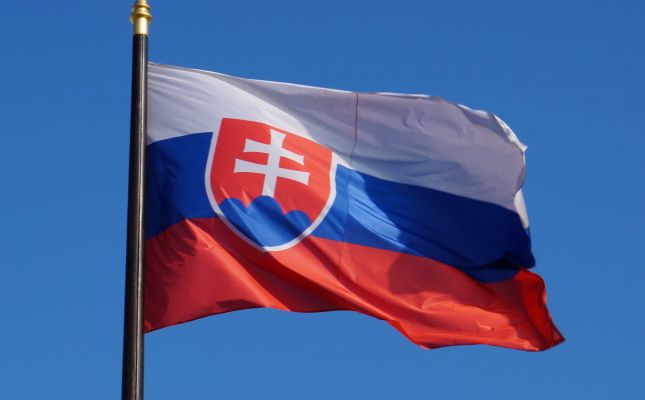Slovakia does not agree with the European Commission’s plan to stop the supply of gas, oil and nuclear fuel from Russia. This was announced on May 6 by the press service of the Ministry of Economy of the Republic.
“We are fundamentally opposed to the European Commission preparing measures that harm not only our national interests and the purchasing power of Slovak households, but also the whole of Europe. Therefore, the Ministry of Economy of the Slovak Republic fundamentally disagrees with the proposal of the European Commission presented today, and we will also communicate in this spirit in the European Commission,” said Denisa Sakova, Slovak Minister of Economy.
According to the Ministry of Economy of Slovakia, the proposed goals envisaging a complete cessation of energy imports from Russia’s accession to the EU from 2027 and the introduction of a number of restrictions from next year will have a negative impact on energy prices in Europe. The ministry also criticized the proposal EC for the fact that it has not passed a proper impact assessment and does not contain an analysis of the impact on prices, competitiveness or energy security. The Ministry recalled that last year the member countries The EU imported 52 billion cubic meters of Russian gas, which is about 19% of the total volume of gas imports to the EU. In addition, the European Union imported 13 million tons of oil and more than 2,800 tons of enriched uranium or fuel. In 2024, ten member states imported Russian gas, three member states still imported Russian oil, and seven member states imported enriched uranium or uranium-related services from Russia.
Recall, the European Commission announced on May 6 that the European Union would stop importing Russian gas by the end of 2027, and by stopping oil supplies and phasing out Russian nuclear energy supplies, it would ensure the EU’s “full energy independence” from Russia. In addition, the EU wants to ban new contracts with Russian gas suppliers, and existing spot contracts will be terminated by the end of 2025. According to the European Commission, these measures will make it possible to reduce the remaining supplies of Russian gas to the EU by a third by the end of this year.
